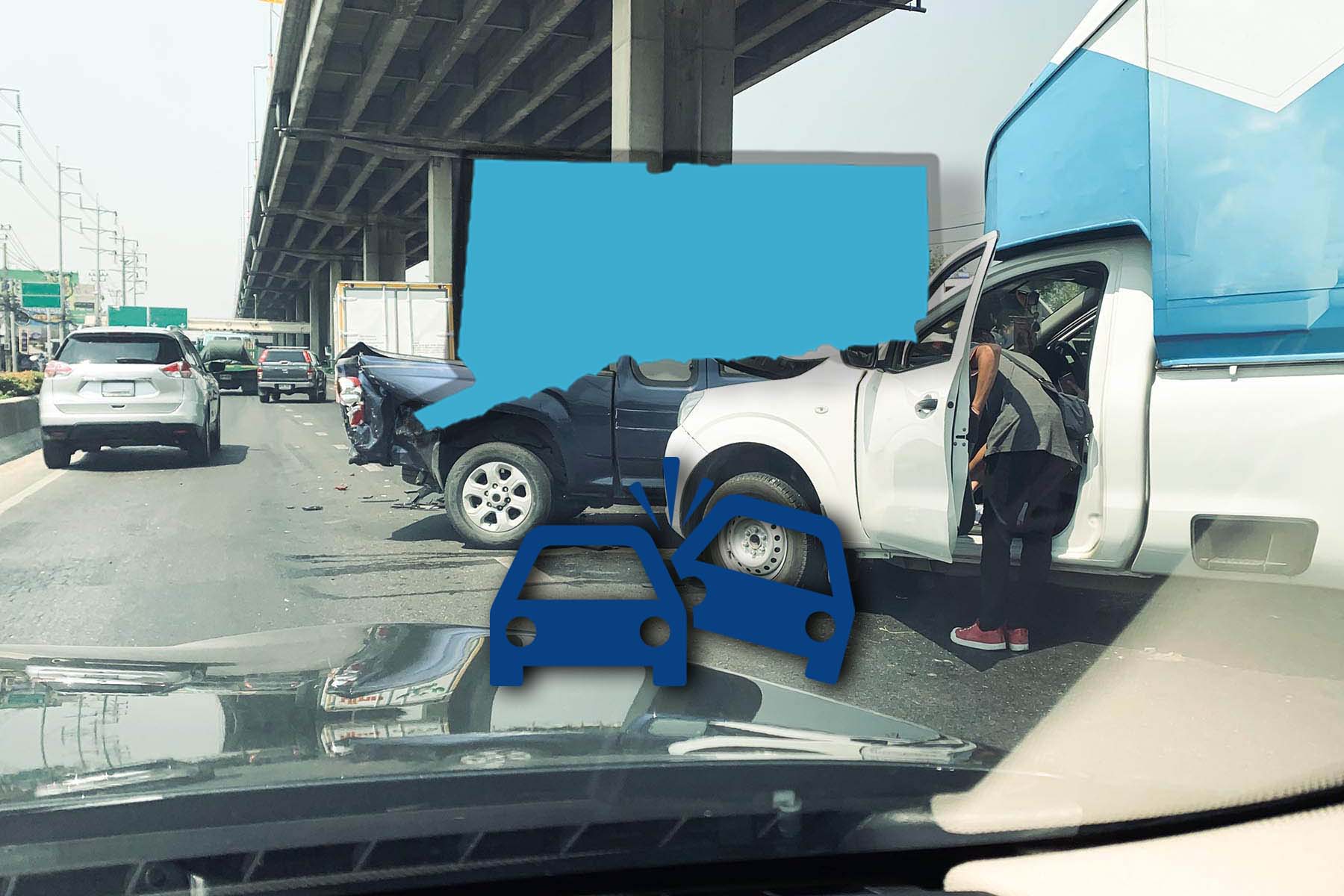
Connecticut hit and run laws: When does a hit and run turn into a felony?
- Connecticut hit and run laws: When does a hit and run turn into a felony?
- Connecticut hit and run laws 14-224 explained
- When does a hit-and-run turn into a felony in Connecticut?
- How long do you have to report a hit and run in Connecticut?
- What to do after a hit and run in Connecticut
- Why you should not admit fault after an accident in Connecticut
- What is the statute of limitations on hit and runs in Connecticut?
- Connecticut hit and run laws: What are your defense options?
- Connecticut hit and run laws and accelerated rehabilitation program
Under General Statutes 14-224, Connecticut hit and run law, an accident that results in property damage is a misdemeanor if the driver flees the scene and does not provide reasonable assistance to the injured party.
- Under Connecticut hit and run laws, a hit and run turns into a felony if the accused had motive such as road rage, was intoxicated, or if the accident results in serious injury or death.
- If you qualify for Connecticut’s accelerated diversion program you may avoid a permanent record.
- You have a legal obligation to stop and provide reasonable assistance at the scene of an accident.
- The victim of a hit and run has two years from the time of the incident to file a lawsuit.
References
- Connecticut general statutes 14-224, evasion of responsibility in operation of motor vehicle.
- Connecticut general statutes
Connecticut hit and run laws 14-224 explained
Connecticut hit and run laws require that whenever you are involved in an accident. You must immediately stop the vehicle and provide reasonable assistance to anyone who needs it. Note that rendering assistance is a legal requirement; failure to do so may result in charges. In short, what you need to remember is that an accident turns into a crime if the driver flees the scene and fails to assist the victim.
What are your legal obligations at the scene of an accident in Connecticut?
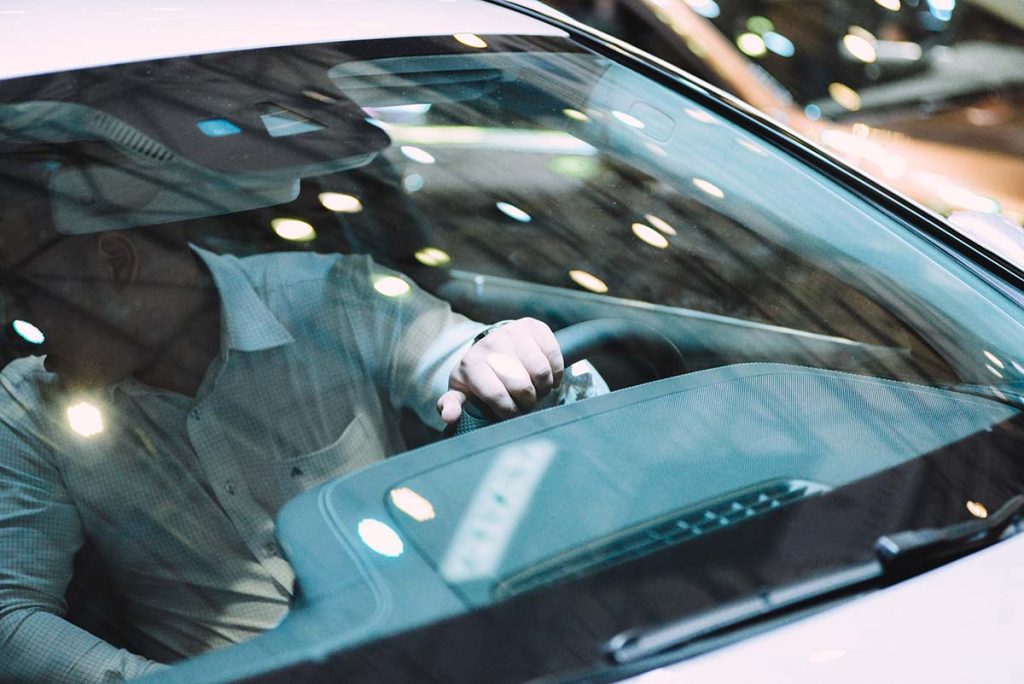
Section (a) of the statute requires you to do the following immediately after an accident.
- Provide reasonable assistance to anyone who needs it, including arranging for transportation of the victim to a hospital or emergency facility.
- You must notify law enforcement.
- give your name, address, license, or other identification documents to the victim, an occupant of the vehicle, law enforcement, or person attending to the victim.
Connecticut hit and run laws: What if an accident does not result in death?
Note that the amount of damage the vehicle does in Connecticut determines if the accused is guilty of a felony or misdemeanor. Because of that, if the accident only results in property damage and the driver flees, upon arrest, the driver will face misdemeanor charges.
Connecticut hit and run laws: what happens if an accident results in death?
If a traffic collision results in death or injury and the driver chooses to flee, that driver is guilty of a felony.
Note that to convict, the state must prove the following elements.
(1) You were involved in a traffic collision resulting in death, injury, or property damage.
(2) You failed to render reasonable assistance to the victim and did not fulfill the requirements of state statute 14-224.
When does a hit-and-run turn into a felony in Connecticut?
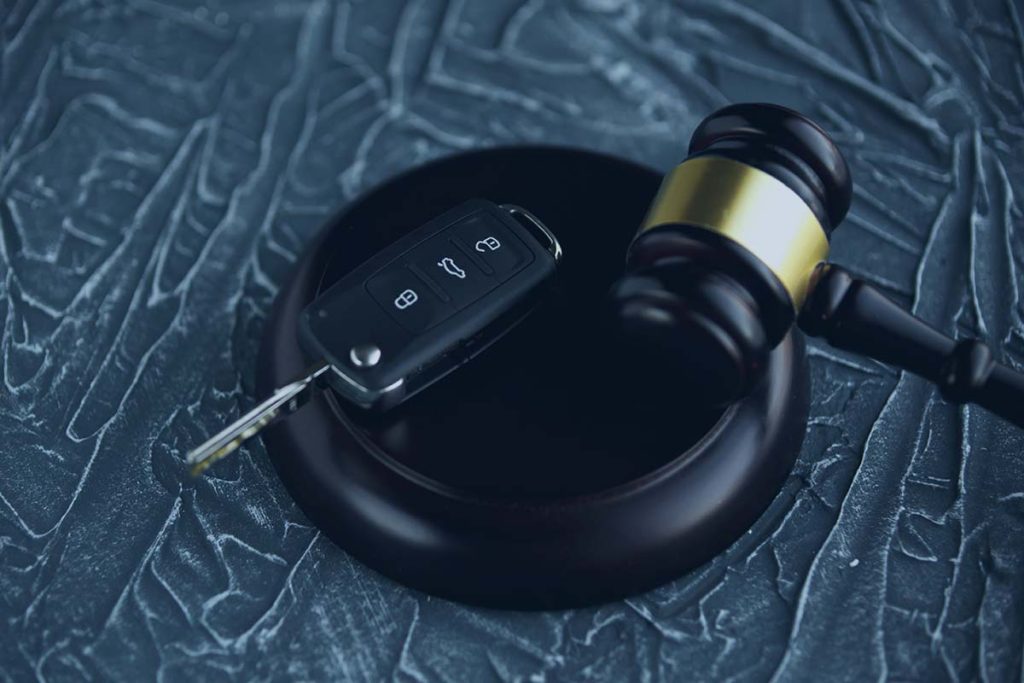
As mentioned, if a hit and run results in injury or death, prosecutors may pursue felony charges if the driver fails to provide reasonable assistance. However, the facts presented may also lead to other charges, including vehicular homicide, manslaughter with a motor vehicle in the second degree, driving under the influence, or assault.
What happens if the driver was intoxicated at the time of the accident?
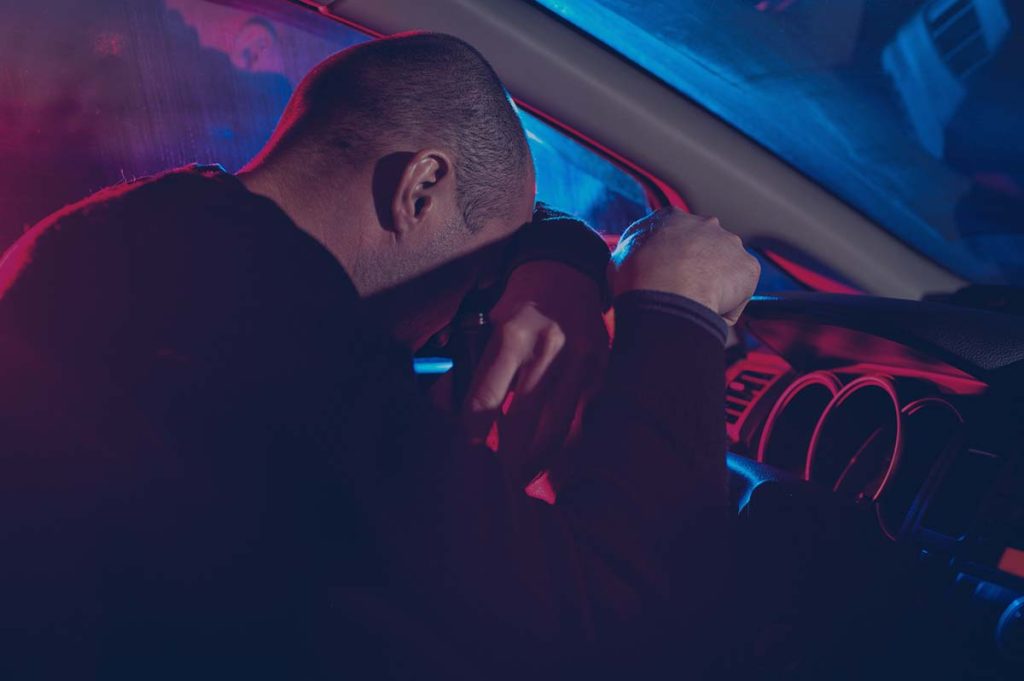
Under CGS 53a-56b, if you operate a vehicle while under the influence of drugs or alcohol, your actions result in death or injury. Therefore, if you are involved in a hit and run while under the influence, causing death, you will be found guilty of second-degree manslaughter with a vehicle, a felony punishable by up to ten years in prison, and a fine of up to $10000.
Upon conviction, your driver’s license may be suspended for up to one year or revoked, depending on the facts presented.
Connecticut hit and run laws: Did you have a motive?
If the act was intentional or planned, prosecutors will pursue vehicular homicide charges.
What is the penalty for hit and run in Connecticut?
- Non-serious injury or property damage: misdemeanor, punishable by up to one year in jail, a $600 fine, driver’s license suspension, and probation.
- Hit and run resulting in death or serious injury: felony, punishable by up to ten years in prison and $10000 fine.
- Dui hit-and-run: felony, class C felony, punishable by up to ten years in prison plus a fine of up to $10000.
- Negligent homicide with a motor vehicle: up to six months in jail plus a $1000 fine
How long do you have to report a hit and run in Connecticut?
Immediately after an accident, the first thing to do is call law enforcement. That said. You have five days from the time of an accident to file an accident report in Connecticut. If you do not file a police report, you will have problems with your insurance claim, so it is advisable to do it as early as you can. Also, gather evidence at the scene if capable. You need to collect the other party’s contact information, description of the damage, and anything else that may back your side of the story.
What if the other driver flees?
You may take pictures of the vehicle, or write down a description, plate numbers, vehicle damage, and so on. That data will make it easier for law enforcement to track down the fleeing driver.
What to do after a hit and run in Connecticut
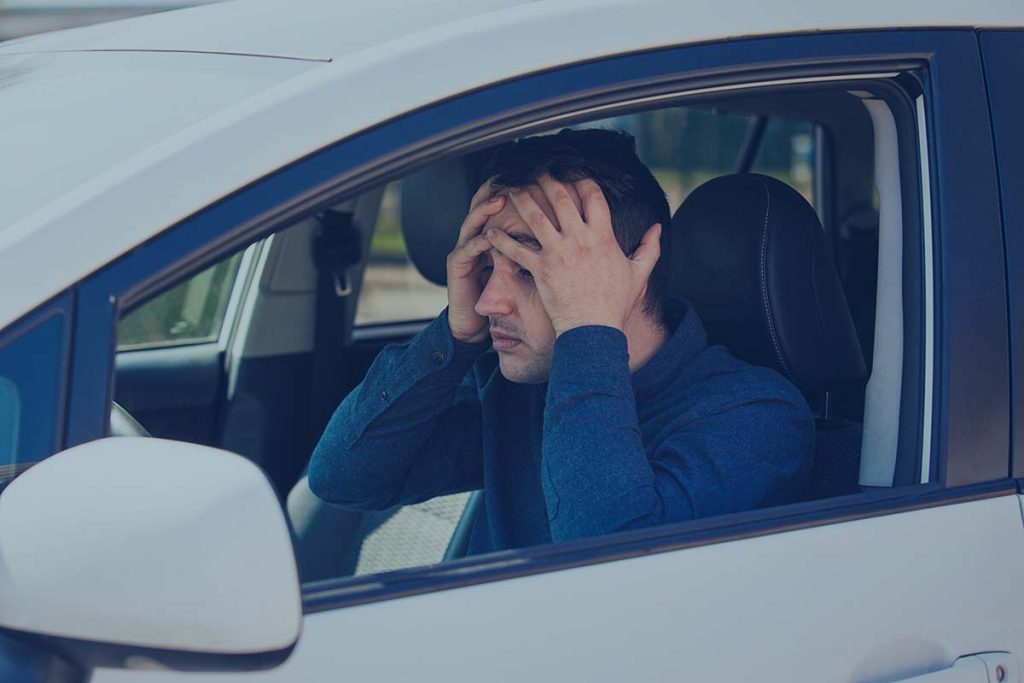
The Victim
- Stop your vehicle and immediately call 911.
- Collect evidence, including witness testimonies.
- Contact an attorney
- Call your insurer.
- File a police report within five days of the incident.
- Do not admit fault.
The Driver
If you hit someone or something, you should
- Stop the vehicle immediately and render reasonable assistance to the victim -unless you have valid cause to fear for your safety.
- Call the police and remain at the scene until they arrive.
- Render reasonable assistance to any injured person.
- If you cannot locate the vehicle owner, leave a note containing your contact information on a conspicuous part of the damaged vehicle or property.
- Do not admit fault.
Why you should not admit fault after an accident in Connecticut
Connecticut is a “modified contributory negligence state,” because of that, if you are 50% responsible for the accident, then you are not eligible to recover damages. Words to avoid at the scene of an accident and in your report include “it was my fault,” “I did not see the other vehicle” and so on. In other words, avoid using words that may be used against you.
Connecticut hit and run laws 14-224: what to remember
- An accident turns into a crime if the driver flees the scene and does not offer reasonable assistance to the injured party.
- When involved in an accident, you must immediately stop the vehicle. If the accident result in death or injury, do not move the vehicle. If it results in property damage alone, you may move the vehicle to a safe position near the scene.
- You must give your name, address, vehicle registration, and other official identification documents to the victim, passenger, or law enforcement before leaving the scene.
What is the statute of limitations on hit and runs in Connecticut?
Under Connecticut general statutes 52-284, you have two years from the accident date to file a claim. We recommend consulting with an attorney to find out what claims to file.
Connecticut hit and run laws: What are your defense options?
Each case has a unique set of facts, and because of that, defense strategies are not uniform. Furthermore, your attorney and prosecutors will use police records of the incident and your account. Consequently, if you hit someone and flee the scene, you must have good reasons to do that. For example:
The other party did not need assistance
If you suffered an injury and left the scene to seek medical assistance, your lawyer may use that to tailor a defense strategy. For example, did the other party say that they were okay?
You feared for your safety
Leaving the scene of an accident because you feared for your safety is not a crime. But you must show the court why you feared for your safety.
For example, did the other person threaten you in any way?
Connecticut hit and run laws and accelerated rehabilitation program
If the accident does not result in death or injury, the accused may be eligible for the state’s accelerated rehabilitation program. Connecticut’s accelerated rehabilitation program is, quote:
“The AR program participants waive their right to a speedy trial. The court places them under the supervision of the Office of Adult Probation (OAP) for up to two years under whatever conditions it orders. If the defendant completes the program the charges against him are dismissed by the court and his records are erased. If he violates a condition of the program, he is brought to trial on the original charges.”
The program is only available to first-time offenders and may include:
- Anger management.
- Community service
- Substance abuse evaluation treatment.
Successful completion of the diversion program may help you avoid a permanent criminal record, so we recommend consulting with your attorney.
Other Connecticut Laws
- *Connecticut Recording Laws
- Connecticut Car Seat Laws
- Connecticut Child Support Laws
- Connecticut Hit and Run Laws
- Connecticut Lemon Law
- Connecticut Sexting Laws
- Connecticut Statute of Limitations
- Connecticut Whistleblower Laws
- Dog Bite Laws Connecticut
- Murder Sentencing Guidelines – Minimum to Maximum for Every State